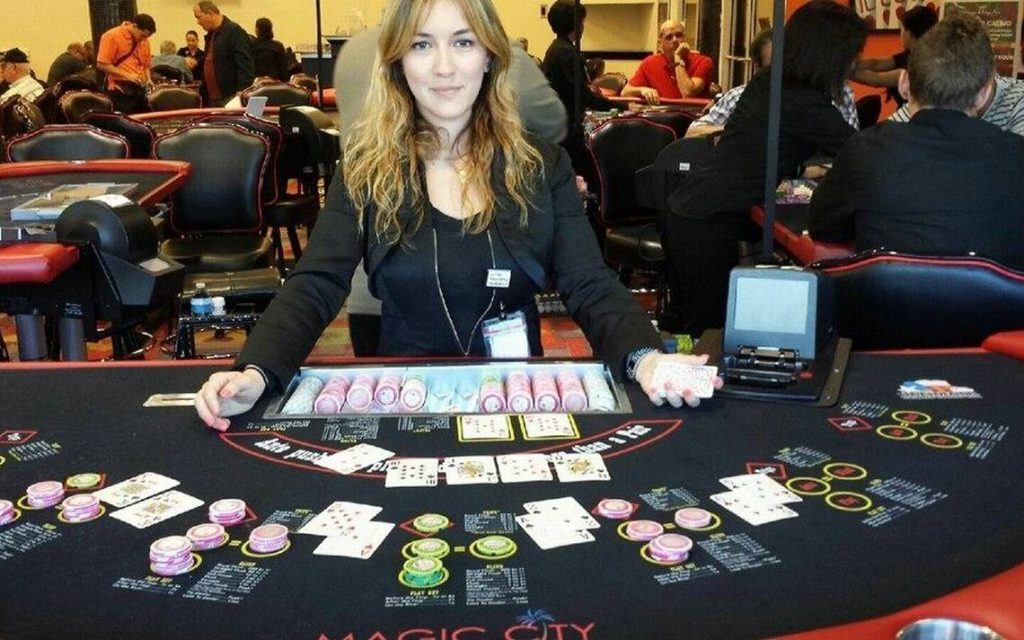Florida Launches Crackdown on House-Banked Games at Pari-mutuel Venues
Posted on: August 30, 2017, 04:00h.
Last updated on: August 30, 2017, 07:03h.
Florida gambling chiefs have launched legal action against two pari-mutuel venues, the Sarasota Kennel Club and Pensacola Greyhound Racing, for their alleged failure to remove so-called “designated player games” from their premises.

Meanwhile, many of Florida’s other cardrooms and racetracks are bracing themselves for similar action, as the state moves to crack down on the controversial games.
The move comes after a federal judge ruled in November that their existence in Florida violated the Seminole tribe’s compact with the state, which grants the tribe exclusivity on banked games like blackjack.
Designated player games permit one player to act as the “bank,” typically in casino games like Three-Card Poker and Ultimate Texas Hold ’em. State regulators had argued that this dynamic satisfied the requirement of Florida law that requires players at pari-mutuel card rooms to “play against each other,” rather than against the house. Without the house acting as the bank, these games could not be defined as “banked,” they asserted.
Florida’s Error of Judgement
But Judge Robert Hinkle disagreed. “The essential feature of a ‘banked’ game is this: the bank pays the winners and collects from the losers,” he wrote, ruling on November 9 that the regulator had made a serious mistake in assuring the cardrooms that the games were compliant with the law.
He also ruled that the tribe should be permitted to continue to offer blackjack exclusively at its Hard Rock casinos until 2030.
The case had initially been brought by the State against the Seminoles for their refusal to stop offering banked games once their initial five-year compact expired in 2015. But the tribe countersued over the exclusivity violation, forcing the state into a humiliating retreat.
In July, both parties agreed to an end to litigation and the state vowed it would take “aggressive enforcement action” against pari-mutuels that violated the ban on the games it had previously permitted.
State Makes Good on Its Word
Nick Iarossi, a lobbyist for Jacksonville Greyhound Racing, told Sunshine State News that the state’s actions this week show it intends to live up to its word.
“The bottom line is, a designated payer cannot remain the designated player all the time without … giving other people the opportunity to be the player,” he said.
“They’re going to come in. They’re going to check tape. They’re going to watch games being played live. And if they see anything out of compliance being done, they’re going to issue administrative complaints and fines,” he said. “So everybody is double- and triple-checking to make sure they’re in compliance.”
No comments yet